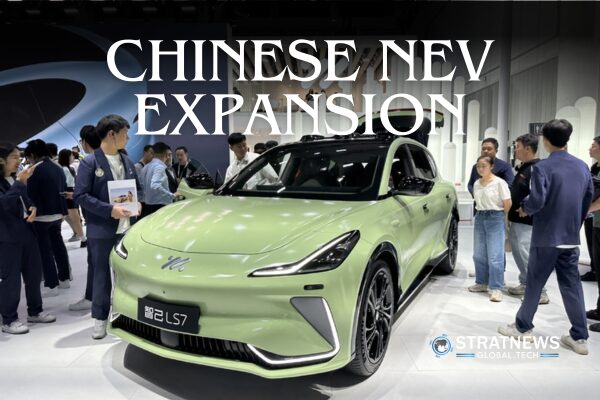China to Integrate Solid-State Batteries into EVs by 2027
China is set to introduce solid-state batteries in new energy vehicles (NEVs) by 2027, with mass production and widespread adoption expected by 2030. This announcement was made in Beijing on Tuesday by a representative from China EV100, a leading NEV industry think tank.
Advantages of Solid-State Batteries
Compared to conventional lithium-ion batteries, solid-state batteries offer several key advantages. They provide higher safety, greater energy density, longer lifespan, and faster charging speeds. These improvements could significantly enhance the performance and reliability of electric vehicles (EVs), making them more efficient and appealing to consumers.
Surge in Patent Applications and Industry Focus
The year 2024 marks a turning point for solid-state battery development in China. Since mid-2024, the country has seen a surge in patent applications for solid-state battery technology, surpassing Japan’s by three times.
Leading domestic battery manufacturers have intensified their focus on developing solid-state batteries, particularly using sulfide as the primary electrolyte. Industry experts predict that initial industrialization will begin between 2027 and 2028, with large-scale mass production expected by 2030.
Future of New Energy Vehicles in China
Ouyang Minggao, an academician at the Chinese Academy of Sciences and vice chairman of China EV100, shared insights into China’s NEV market projections for 2025. He anticipates that plug-in hybrid technology will account for around 40% of the market, while range-extender technology will hold a 10% share. Meanwhile, pure electric vehicle adoption is expected to drop to about 50%.
Growth in Intelligent Driving Technology
Chinese automakers are also advancing in intelligent driving technology. The widespread adoption of DeepSeek has strengthened domestic enterprises’ confidence in maintaining their leadership in this field. This innovation is expected to further enhance China’s position in the global automotive industry.
With inputs from Reuters


